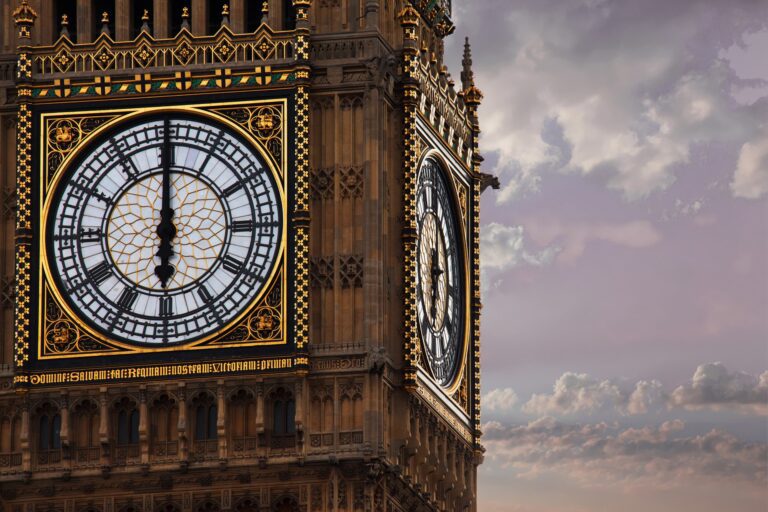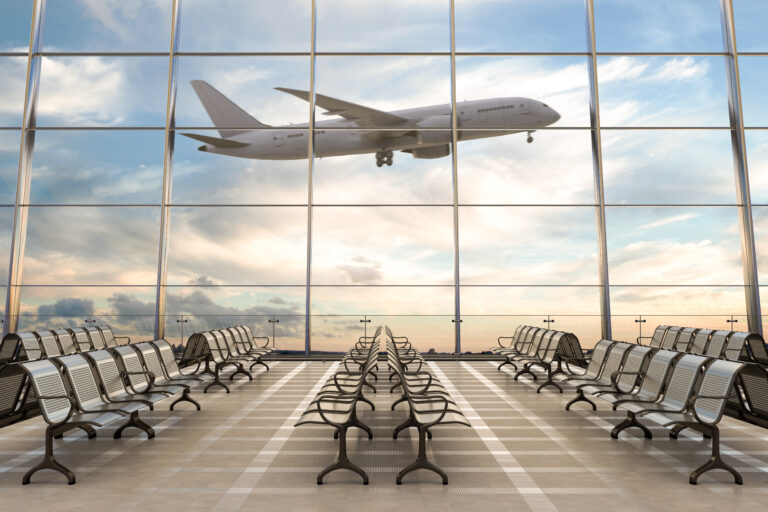
Richard Ekins
Head of the Judicial Power Project
Before 2017, almost no one unlawfully entered the UK in a small boat. The numbers have since risen – to over 530 persons in 2018, then to about 1,800 persons in 2019, about 8,500 in 2020, and well over 28,000 in 2021. Many tens of thousands more are likely later this year.
While many will be economic migrants, nearly all will claim asylum, and some proportion will be genuine refugees, having left their country of origin out of fear of persecution. However, the small boats are leaving from France, or other European coastal states, a country in which they are not in danger.
The challenge for the Government is how to discourage persons who are already in a safe country from leaving a place of safety, putting their lives in the hands of people-traffickers, and entering the UK unlawfully.
Contrary to what many lawyers and parliamentarians say, the Refugee Convention 1951 does not grant asylum-seekers, or even those later found to be genuine refugees, a right to ignore immigration law. The Convention does not require member states to admit refugees, or asylum-seekers, into their territory.
The Convention does forbid member states from punishing refugees who unlawfully enter, but only if they enter directly from a country in which they are in danger. France is not such a country.
A new Policy Exchange report, sets out two plans of action to address the crisis, to discourage anyone who is in a safe European coastal state from attempting unlawfully to enter the UK in a small boat.
Far and away the best option would be a Plan A: a new agreement with France (and other Channel/North Sea coastal states) under which authorised British vessels could return small boats at sea, or their passengers after disembarkation on the British coast, to French ports. Even better, would be an agreement for joint UK/EU patrols across the English Channel, with small boats immediately returned to the state from which they embarked.
But if such an agreement cannot be reached, as seems unfortunately to be the case, then Plan B is a second-best option. It would be more cumbersome, expensive and difficult than Plan A, but it too promises to stop the boats from launching, thus saving lives and restoring the integrity of the UK’s borders.
Plan A and Plan B alike would announce a new policy, making clear that save in the most exceptional of circumstances no one, not even a genuine refugee, who enters (or attempts to enter) Britain on a small boat from a safe country will ever be granted a right to settle in the UK.
Under Plan B, persons entering, or attempting to enter, the UK in a small boat would be swiftly deported to a British territory overseas, where their claim to refuges status would be considered. This would be offshore processing but not outsourcing: UK officials would remain responsible for considering asylum claims and for keeping asylum-seekers safe.
Anyone found to be a genuine refugee would be deported in turn to a third state which had agreed with Britain to accept refugees, a state in which the refugee would be safe within the meaning of international law. Persons found not to be genuine refugees would be returned to their country of origin or deported to a safe third state willing to accept them.
Anyone deported to a British territory overseas under Plan B would remain free at all times to return to their country of origin or to another country willing to take them, with the UK subsidising the journey.
Agreements with third states will thus be indispensable if Plan B is to work. Indefinite detention of asylum-seekers in a British overseas territory is not an option.
If Plan B is carried out effectively, it will make it futile to attempt to enter the UK by small boat. If the Channel is no longer a viable route, the people traffickers’ business model is likely to collapse, and numbers to return to the very low levels of only five years ago.
Plan A and Plan B alike would be consistent with Britain’s international obligations, including under the Refugee Convention 1951, which does not grant refugees a right to settle where they please (but does confer a right not to be deported to an unsafe country), and the European Convention of Human Rights.
Nonetheless Plan B, in particular, would be challenged in the British courts, both on human rights law grounds and by way of judicial review proceedings. If it is to work, Parliament needs to mandate each and every step of Plan B and to disapply the Human Rights Act 1998. The legislation should not concede that Plan B breaches Convention rights, but should prevent our courts from second-guessing or unsettling Parliament’s choice about what should be done.
The UK has responsibilities to refugees and asylum-seekers both in law and morality, responsibilities which both Plan A and Plan B take seriously. The point of both plans is to save lives at sea and to maintain public order.
Either one can – and should – be integrated with an enhanced programme of resettling UNHCR-sponsored refugees. In this way, the UK would offer protection to those in most need, whom it has decided to accept for settlement, and avoid making entitlement to enter and settle here turn on people trafficking.
This was also published on ConservativeHome


